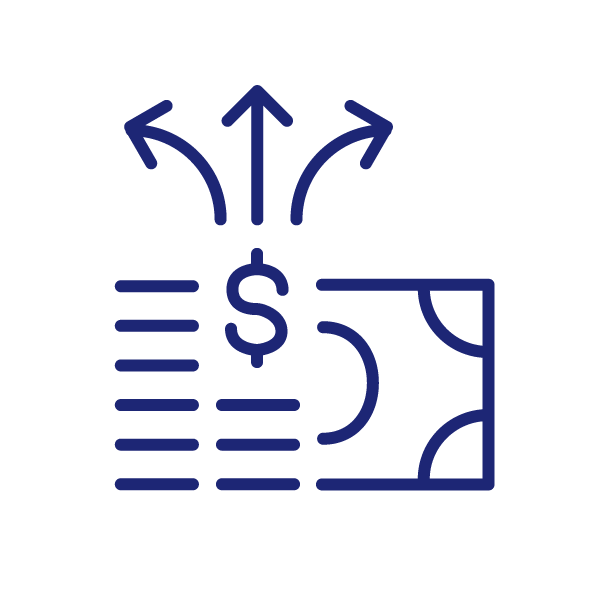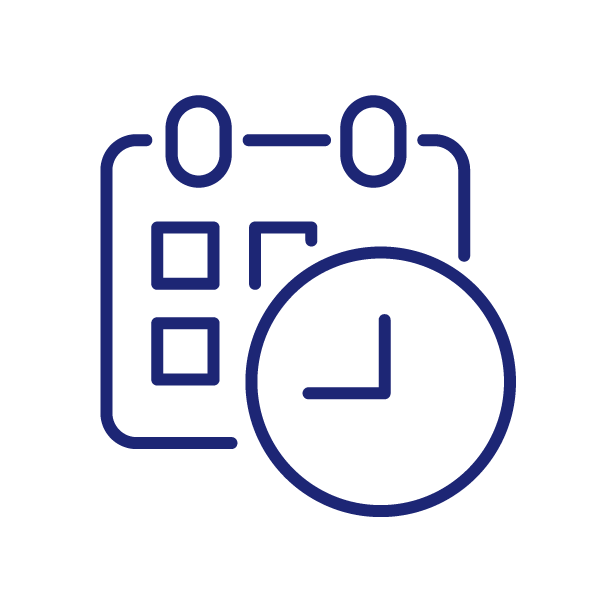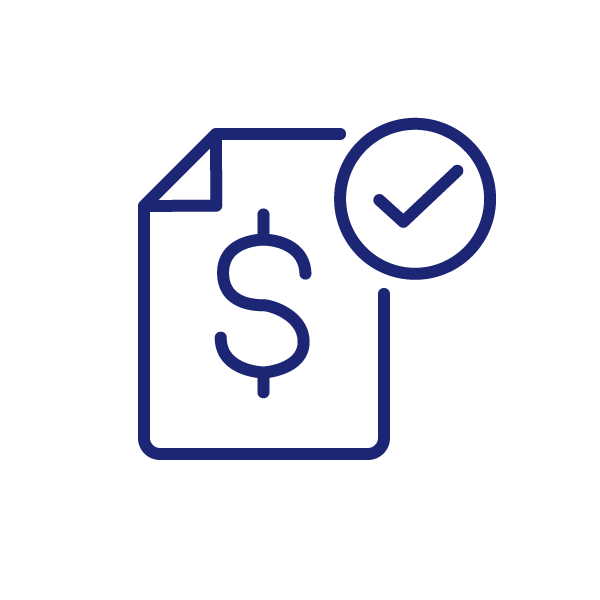There’s a lot to consider when you own a home. From lawn care to furnace maintenance, checking your smoke alarms to checking the waste collection schedule, homeownership requires you to stay on top of many different things. One particularly important area is your household expenses.
Once you own your home, there are a number of carrying costs that you’ll need to stay on top of, such as home insurance, utility costs, mortgage payments and property taxes. Our home buyer checklist outlines the typical expenses homeowners are responsible for before, during and after their purchase.
While your mortgage is likely your largest ongoing financial obligation, your property tax bill may be next in line. Given the relative size and frequency of your property tax bill, it’s an important expense to budget for and understand. Knowing what it covers, how often it needs to be paid, and your options for paying it can help you plan for this expense as a homeowner.
Here are five things to know about property tax.
1. What is property tax?
Property tax is a recurring fee that homeowners in Canada must pay to their municipalities. It helps pay for essential community services, such as police and fire protection, waste collection, snow removal, streetlights, park maintenance and more. It also helps to fund elementary and secondary schools in your province, overall funding important public services that help create a safe and thriving neighbourhood.
2. How property tax is calculated
The amount of property tax you pay depends partly on your province and your municipality, which sets its individual rate every year. For reference, municipal tax rates tend to fall somewhere in the range of 0.5% to 2.5%. The amount of tax you pay also depends on the assessed value of your property. Each province has its own property assessment body responsible for estimating a property’s market value. The methods and intervals of these assessments can differ across provinces, and you will receive a notification each time your property is assessed.
Some people assume their property taxes are based on the size of their home, but that’s not exactly true. Your municipality’s property tax rate is multiplied by the assessed market value of your home (i.e., not the price you paid for it), which can vary from year to year based on the value of surrounding properties.
Your municipality may have a property tax lookup tool that shows details about your tax bill, including upcoming due dates, balances and more. Simply do an online search for your municipality and add “property tax lookup” to see what resources might be available. Your tax bill will also indicate your tax rate and the amount allocated to cover municipal services and education funding, as well as the total amount to be paid.
3. The frequency of your tax bill
Most municipalities issue two tax bills per year – an interim and a final tax bill – however, the payment due dates and the frequency of those payments will vary. For instance, some municipalities will have two installments per tax bill while others will have three. Your individual tax bill will lay out your specific tax remittance deadlines along with the amount.
For more details, visit your municipality’s website. Here are the links to Canada’s most populous cities:
- Toronto Property Tax: Toronto Pre-Authorized Tax Payment Program
- Montreal Property Tax: Montreal Installment Plan
- Vancouver Property Tax: Vancouver Tax Installment Prepayment Plan
- Calgary Property Tax: Calgary Tax Installment Payment Plan
- Edmonton Property Tax: Edmonton Monthly Payment Plan
4. How to pay your property tax bill
There are several ways to pay your property tax bill. One common way is to make your payment at your financial institution – for the most part, you should be able to pay your bill through online banking, your bank’s mobile app, telephone banking, at an automatic teller or in-person.
If you’re an MCAP homeowner, there’s an even easier way to pay your property tax bill – and that’s through MCAP’s Property Tax Service.
With this service, you don’t need to make a lump sum payment yourself – rather, MCAP collects a smaller amount along with your regular mortgage payments. The money is placed in a Property Tax Savings Account until it’s needed. Then, when you receive your first property tax bill, you simply forward it to MCAP, and MCAP will pay the bill on your behalf. After the first bill is paid by MCAP, the municipality updates its information to indicate that MCAP will be paying the taxes on your behalf moving forward.
5. The benefits of using MCAP’s Property Tax Service
Because homeowners have a range of financial responsibilities, having one less bill to worry about can help you stay on top of your finances and ensure this important bill is covered on time, every time. When you use the Property Tax Service, you can:
 |
Spread the tax payment out over the year. MCAP collects a smaller amount with your regular mortgage payments. This can be especially useful if you live in a municipality with fewer due dates and thus larger payments required for each deadline. |
 |
Avoid any possibility of late payments or fees. Penalties for late payments can add up quickly and should you lose track of your payments completely, you could face serious consequences that could put your credit rating or home at risk. |
 |
Have one less bill to worry about. With so much to keep track of as a homeowner, one less to-do on your list can help you breathe easier. |
 |
Take advantage of this complimentary service designed to simplify homeownership for you. Why not enjoy one of the many benefits of being an MCAP homeowner? |
The many responsibilities of a homeowner – both financial and non-financial – can add up. Any way you can simplify your homeownership journey, and smooth out your household cash flow, can help you enjoy all the joys of owning a home while reducing the strains that can sometimes accompany this milestone. Letting someone else cover the task of paying your property tax bill is one way to do this.
Want to learn more?
Let MCAP take care of your property tax bill and never worry about missing a payment. Take a look at our Property Tax Service page for more details.




